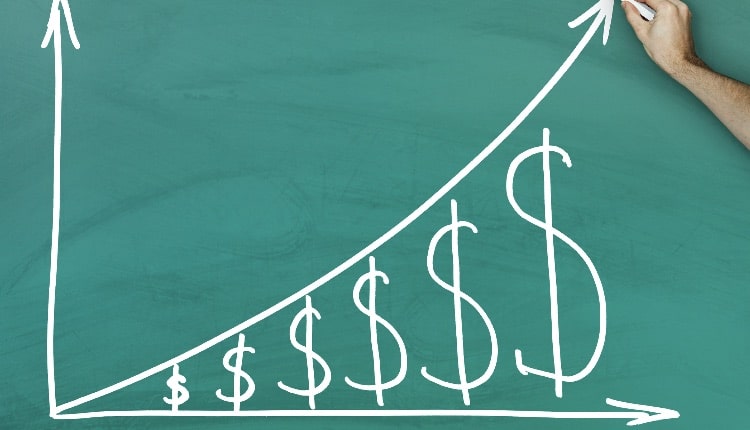Benefits of Furthering Your Education
Although dental hygiene is a young profession comparatively speaking, the number of dental hygienists has grown significantly in recent years in correlation with the increase in the number of dental hygiene schools. The United States Bureau of Labor Statistics projects an 11% growth rate for dental hygiene positions from 2018 to 2028, which is much higher than the 5% average for all professions. In fact, dental hygiene has been highlighted in recent years as the second best in health career support jobs, and 30th in overall best jobs.
The current standard for dental hygiene education is a minimum of 2 academic years; however, the majority of dental hygienists actually complete 4 years of education or more by graduation.
 jovan_epn / iStock / Getty Images Plus
jovan_epn / iStock / Getty Images Plus
The number of advanced educational programs—both Bachelor of Science in Dental Hygiene degree completion and Master of Science in Dental Hygiene programs—is declining.
 elenabs / iStock / Getty Images Plus
elenabs / iStock / Getty Images Plus
The first class of dental hygienists initially found employment in school settings.
 FatCamera / E+
FatCamera / E+
According to US News & World Report, which is well known for ranking the top jobs in the US, workers tend to prefer careers with which of the following?
 AndreyPopov / iStock / Getty Images Plus
AndreyPopov / iStock / Getty Images Plus
The US Bureau of Labor Statistics reports that data consistently show that, in terms of dollars, education makes sense.
 AndreyPopov / iStock / Getty Images Plus
AndreyPopov / iStock / Getty Images Plus
Although many anecdotally report that degree levels do not directly correlate with higher salaries, dental hygienists with higher degrees reported earning a higher income.
 IvelinRadkov / iStock / Getty Images Plus
IvelinRadkov / iStock / Getty Images Plus
One study revealed that graduates with bachelor’s degrees were less likely to attain positions in nontraditional settings.
 Bulat Silvia / iStock / Getty Images Plus
Bulat Silvia / iStock / Getty Images Plus
One study found that the Bachelor of Science in Dental Hygiene as entry-to-practice may be essential in elevating the status of the dental hygiene profession to that of other midlevel healthcare providers.
 Olivier Le Moal / iStock / Getty Images Plus
Olivier Le Moal / iStock / Getty Images Plus
Share your Results:

